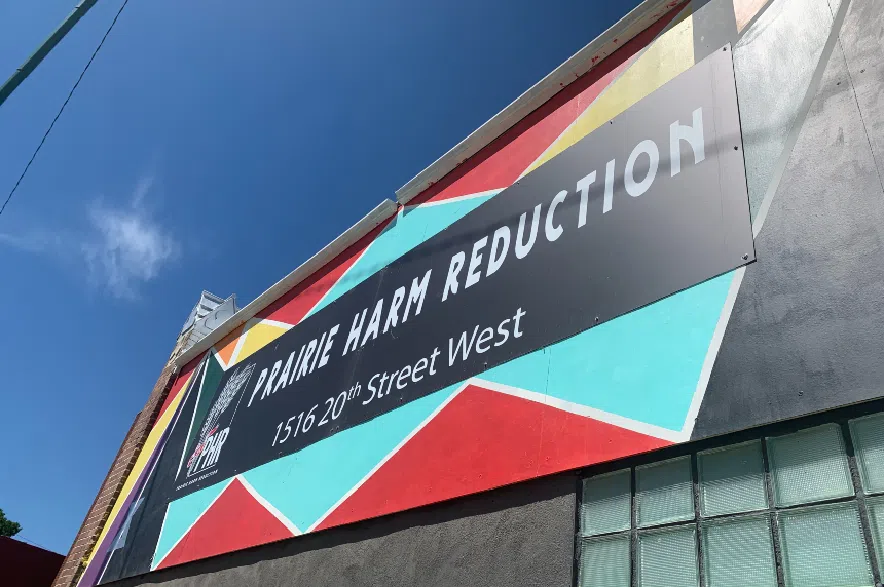Kayla DeMong, executive director of Saskatoon’s Prairie Harm Reduction, is calling the provincial government’s decision to stop providing meth and crack pipes to drug users “absolutely devastating.”
On Thursday the province announced it will no longer provide pipes or instructions for illicit drug use, and the government further banned all third-party organizations from doing so with provincial funds. Naloxone and drug testing services will still be provided.
“We live in a world where (the) government is making value-based decisions that will result in our HIV rates being increased,” DeMong said, noting that Saskatchewan’s HIV transmission rate is five times higher than the national average.
It’s not just pipes, she explained. According to DeMong, the ban covers every piece of equipment needed to use drugs except for syringes.
She said that means her organization will have to pay for supplies like sterile water and filters to give out to people using drugs.
“It is furthering the distress in our space, “ DeMong said, adding the organization already doesn’t have enough funding to support the 300 people who regularly access its services.
It’s not just about the supplied pipes DeMong said. After the free pipes were implemented in 2018 – a process that took five years – she said the organization saw a huge increase in people coming in to access services and connect with case managers and the harm reduction group’s support team.
She said Prairie Harm Reduction’s consumption site distributes pipes to drug users that want to access their smoking room, and that won’t change. DeMong said doing so ensures people are using new equipment and provides an alternative for people injecting drugs. She said it also creates an opportunity to engage with people that are smoking substances.
DeMong said Prairie Harm Reduction is currently working to find a new source for clean pipes.
She said her group hasn’t had a conversation with the province about the changing rules yet, but she said she has reached out to other organizations for support.
Tim McLeod, Saskatchewan’s minister for mental health and addictions, said providing the tools and knowledge needed to consume illegal drugs doesn’t fit with the government’s recovery-based model.
“Providing taxpayer-funded pipes for smoking illicit drugs and instructions for how to use them sends the wrong message to people who we want to help,” McLeod said in a statement.
“Instead, the message coming from the health care system should be that there is hope for recovery, and there is hope available through treatment.”











